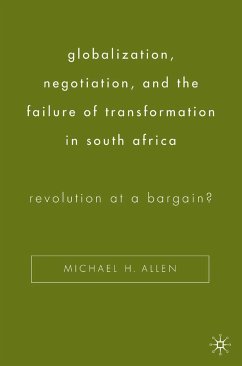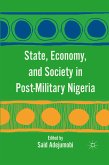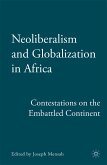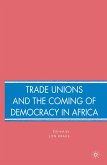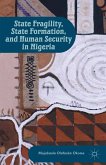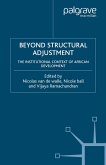Dieser Download kann aus rechtlichen Gründen nur mit Rechnungsadresse in A, B, BG, CY, CZ, D, DK, EW, E, FIN, F, GR, HR, H, IRL, I, LT, L, LR, M, NL, PL, P, R, S, SLO, SK ausgeliefert werden.
"A thoughtful and provocative analysis of the forces of globalization that both engendered the change to majority rule in South Africa but also constrained the social democratic reforms that the anti-apartheid movement had promised. Allen insightfully addresses issues of class, ethnicity, gender and nation in a post-Westphalian world." - Robert Mortimer, Professor of Political Science, Haverford College

